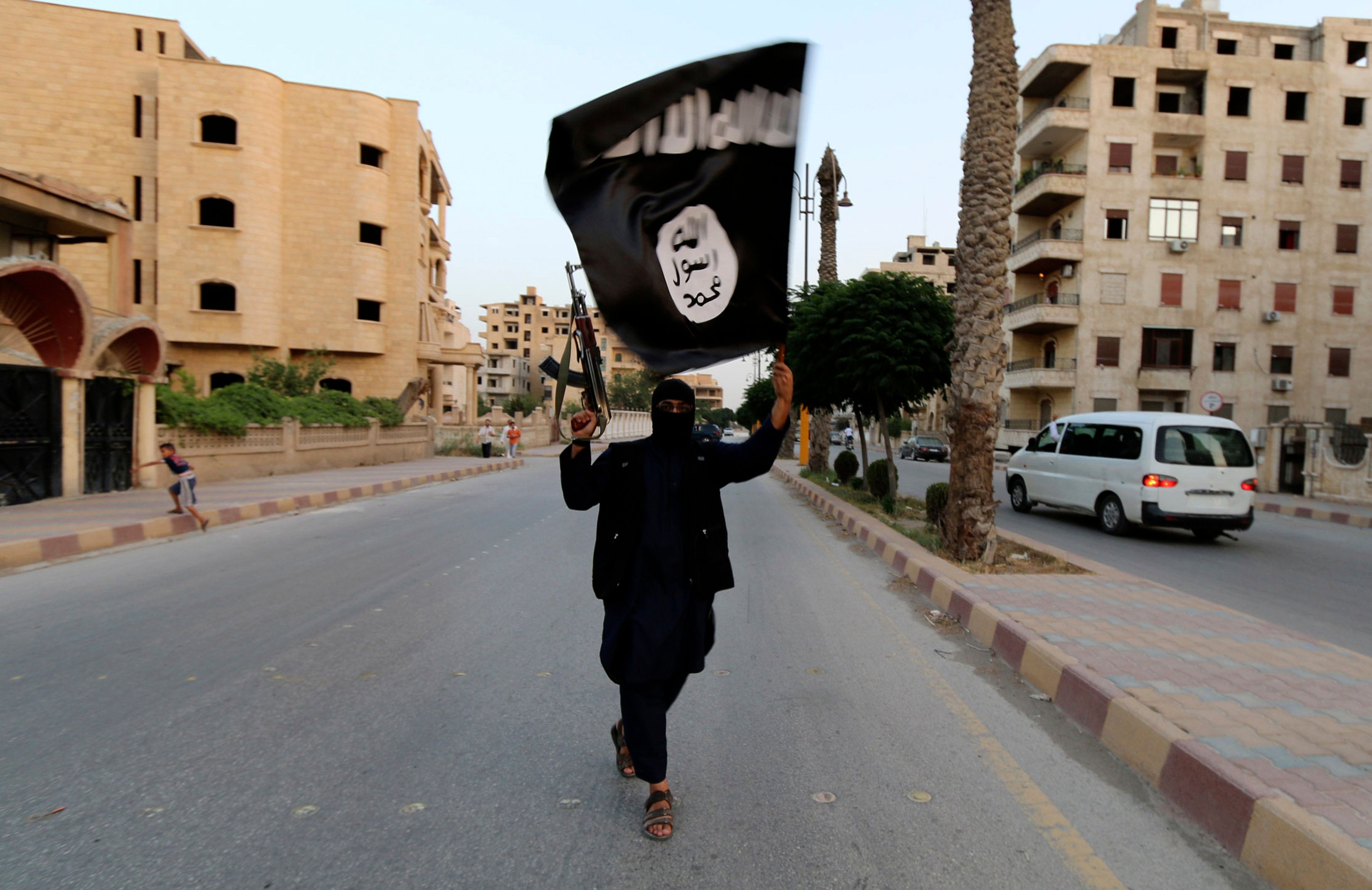As you read this, US-backed Syrian and Kurdish forces are killing or capturing the last few Islamic State militants holding out in a fingernail-shaped sliver of riverbank in eastern Syria. It's all that remains of the caliphate declared by the Islamist extremist group across a swath of Syria and neighboring Iraq in 2014.
Despite being on the back foot territorially, here are three ways that ISIS will continue to rile global politics:
Returning fighters: Experts estimate that up to 40,000 foreigners from 110 countries traveled to Syria and Iraq to fight for the caliphate, marry into ISIS, or accompany family members. Over 4,000 EU citizens are thought to have made the trip, along with a few hundred Americans and thousands of people from the Balkans, the Caucasus, and other geopolitical hot spots. Many of the fighters who weren't killed have already returned home, creating a massive headache for security services and law enforcement. Thousands more are sitting in Kurdish detention camps awaiting news about where they'll be sent next. Distinguishing between regretful and repentant hangers-on and truly dangerous fighters is a legal and political nightmare that's already creating fissures between the US and Europe.
The next (cr)ISIS: The black flag of ISIS may no longer be waving over the Syrian desert, but it is flying over an ISIS enclave on the southern Philippine island of Basilan, where a group of militants claimed responsibility for a suicide bombing at a cathedral in January. ISIS-linked groups are also active in Nigeria, Sudan, Pakistan, India, Indonesia, Bangladesh, and stretches of northern Africa and the Sahel. While they may not have the same access to oil revenues that once enabled ISIS to take on the trappings of an actual state, these pockets of fighters remain a potent security threat.
The virtual caliphate: While ISIS may not have much territory in the world, it's still got real estate on the web, where it remains a force on social media despite some progress in stamping out the viral spread of its gruesome and well-produced propaganda. EU security czar Julian King warned as recently as November that the group is still entrenched on social media, despite losing its grip on its physical territory. As we recently saw in the live-streamed New Zealand mosque massacre – clips of which are still circulating on the web – fully stamping out extremist material is a Sisyphean task.
As long as there are disaffected young Muslims, the virtual caliphate will continue to attract and radicalize adherents and inspire publicity-seeking acts of violence. The risk now is that, rather than being inspired to join an Islamist utopia in the Mesopotamian desert, even more people will be inspired to commit acts of violence at home.
